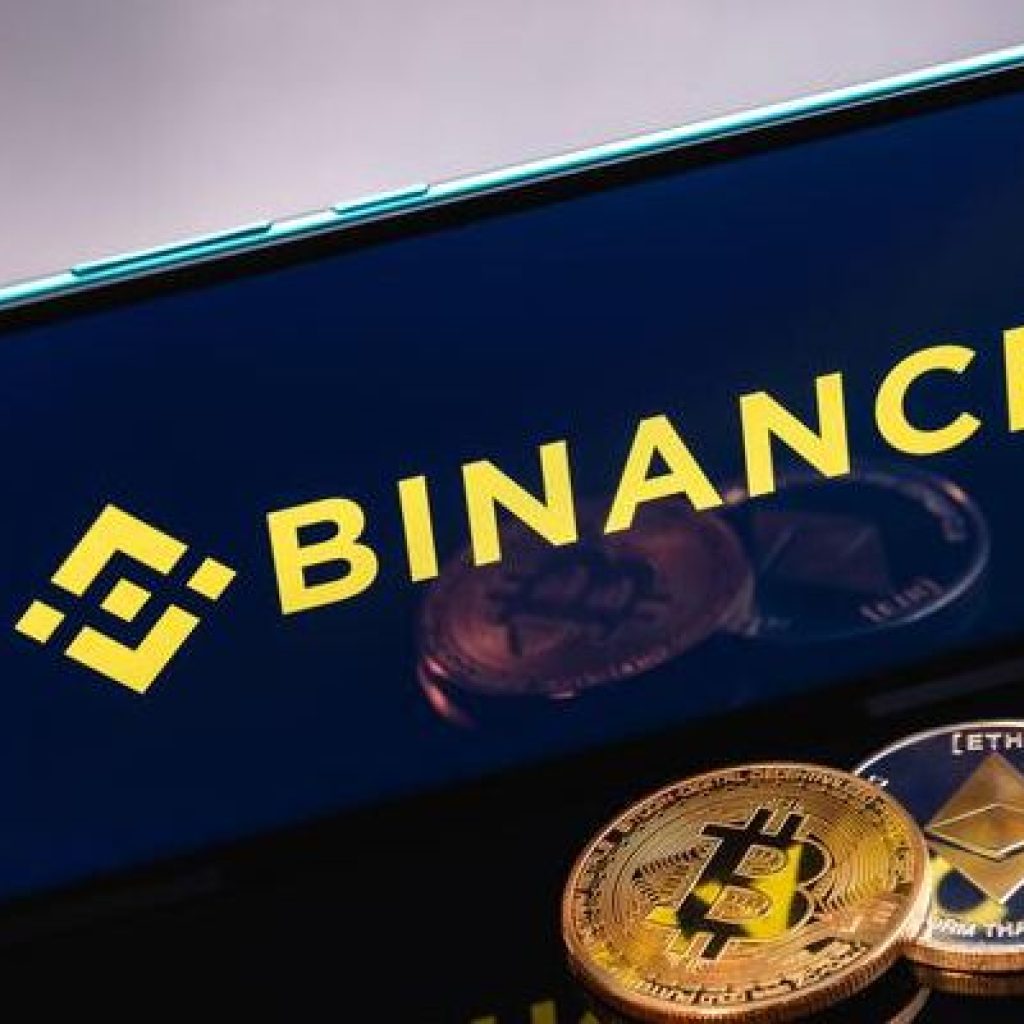The Association of Bureau De Change Operators of Nigeria (ABCON), a prominent trade association in Nigeria, has called on the Nigerian government to impose a ban on the popular cryptocurrency exchange Binance (BNB), citing concerns over its impact on the country’s national currency, the Naira. ABCON, which functions as a self-regulatory body representing all licensed currency exchanges in Nigeria, is authorized by the central bank of Nigeria to formulate policies for regulating the Naira to USD exchange rate.
The rationale behind ABCON’s call stems from its belief that Binance is contributing to the depreciation of the Naira. A recent report from Bloomberg indicated that the Nigerian currency had weakened to 917 Naira per US Dollar. Alhaji Aminu Gwadabe, the President of ABCON, expressed to the media that Binance has emerged as a central hub for both Nigeria’s official currency exchange market and the parallel market for USD. Gwadabe emphasized the unfortunate situation where Binance’s trading influence has become prominent in these markets.
“If you know about Binance, you will know that Binance trading is becoming the anchorage of both the investors and exporters’ window and the parallel market, which is unfortunate.”
Gwadabe highlighted the competitive pressure that local currency exchanges are facing from Binance and stressed the importance of curtailing Binance’s trading activities within Nigeria. He noted that achieving this would require the country to have sufficient liquidity and further added, “As I speak, Binance is the most liquid market; they do 1.2 million transactions per second. So it’s a very liquid market but that is not a scary status, we can break it through our local content and peculiarities.”
Currently, Binance’s trading pair of USDT/Naira boasts a trading volume of 682,000 USDT over the past 24 hours.
Binance regulatory struggles
The exchange has not been exempt from regulatory challenges in Nigeria. Besides facing regulatory scrutiny in the United States, the exchange has encountered similar issues in Nigeria. In the previous month, the Securities and Exchange Commission (SEC) of Nigeria issued a circular cautioning individuals against dealing with Binance, as the exchange had not been registered with the SEC. The SEC deemed Binance’s operations in the country as illegal.
In response, the crypto exchange issued a cease-and-desist notice to an alleged impostor named “Binance Limited Nigeria,” which the SEC had flagged. Additionally, in June, the SEC warned Nigerian investors about the risks associated with investing in crypto assets and mentioned the ongoing legal action taken by American regulators against the exchange for alleged securities violations.
The regulatory landscape in Nigeria continued to evolve, with the signing of the 2023 Finance Act into law. This legislation introduced a 10% capital gains tax on profits derived from the disposal of crypto assets, starting from May 1. However, there remains a lack of clear and unambiguous regulatory guidance regarding the status of crypto assets within the country.
Notably, Nigeria held the 11th position in Chainalysis’ 2022 Global Crypto Adoption Index, indicating a notable level of crypto engagement and adoption within the country.




